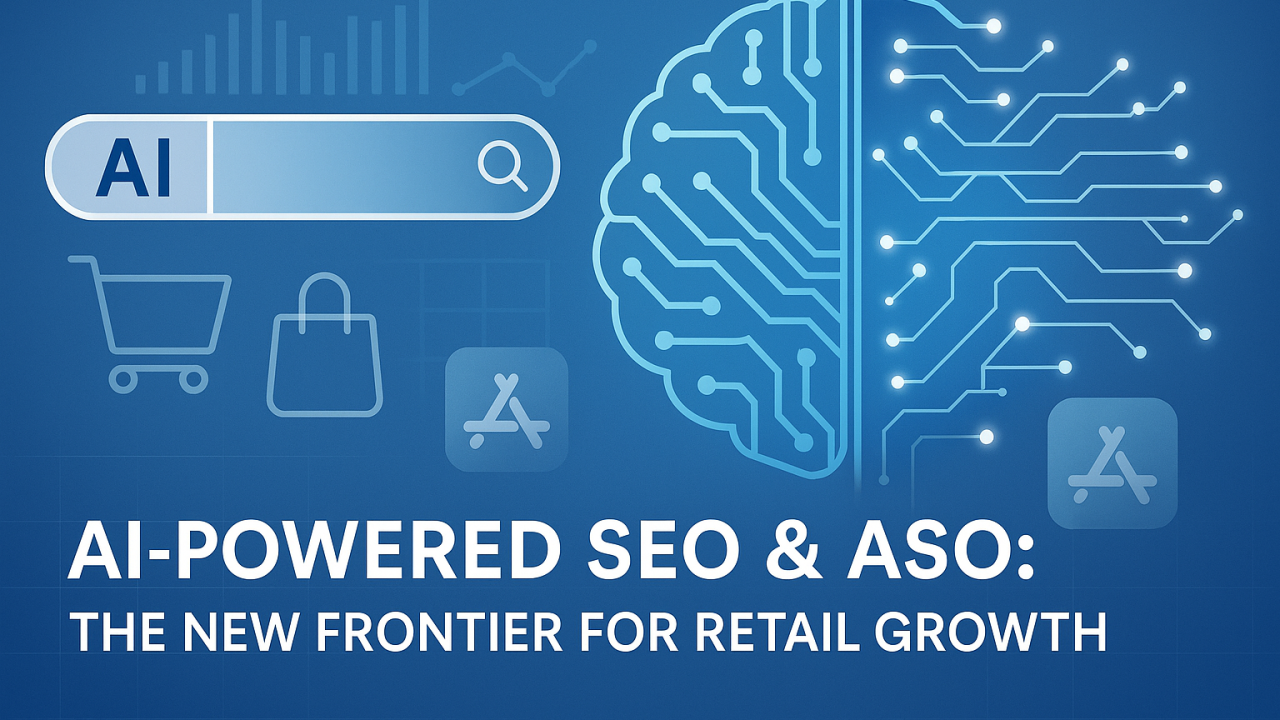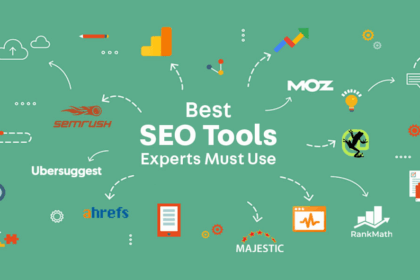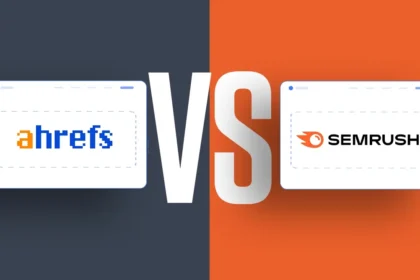Keyword research has long been the backbone of SEO strategy. Traditionally, it involved sifting through search volumes, competition scores, and user intent to identify opportunities that drive organic traffic. However, with the rise of AI-powered tools and models, keyword research has entered a new frontier—one that promises to be faster, smarter, and more aligned with evolving search behaviors.
In this deep dive, we explore how AI is transforming keyword research in 2025, the benefits it brings, and how you can harness its full potential to boost your SEO efforts.
The Evolution of Keyword Research
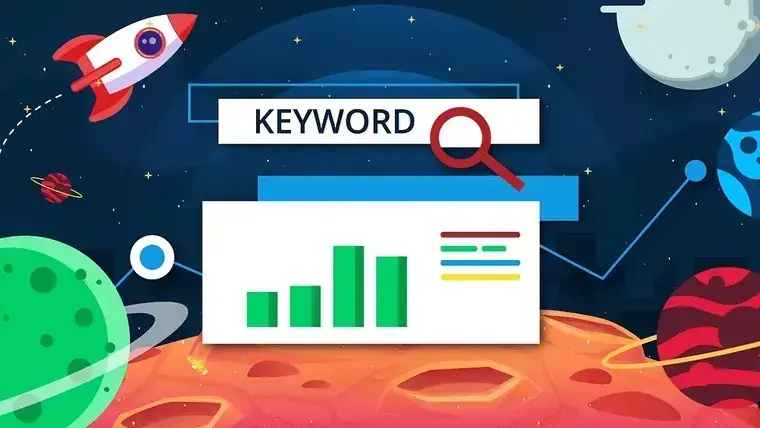
Traditional keyword research tools like Google Keyword Planner, Ahrefs, and SEMrush rely on historical search data, trends, and user metrics. While effective, these methods often fall short when it comes to:
- Understanding semantic relationships between keywords
- Anticipating emerging queries before they gain traction
- Capturing conversational and voice search nuances
- Integrating user intent with contextual relevance
AI changes the game by analyzing vast datasets in real time, understanding natural language patterns, and generating keyword ideas that go beyond simple volume metrics.
What Makes AI-Powered Keyword Research Different?
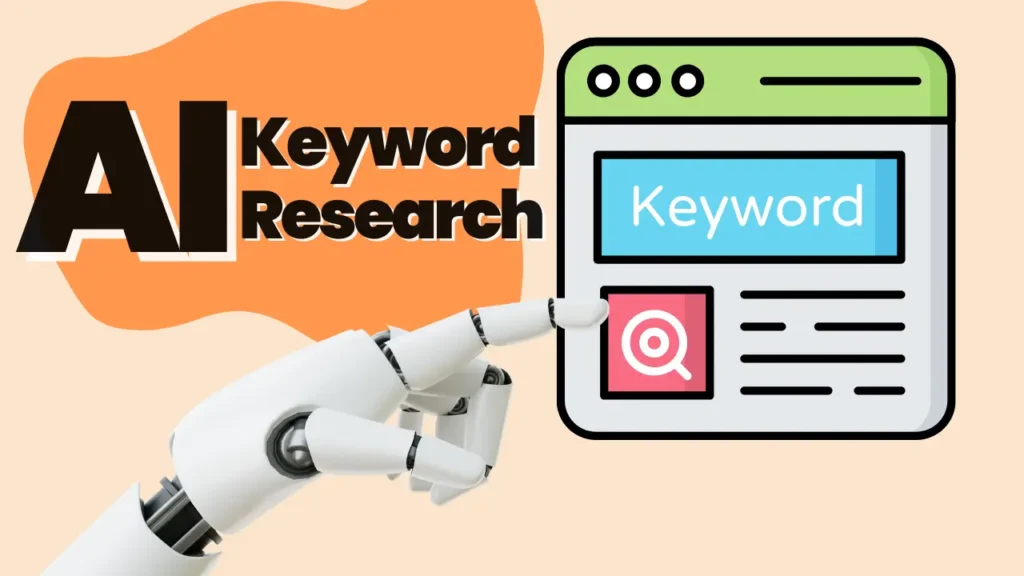
1. Contextual Understanding
AI models like GPT-4 and others are trained on enormous corpora of text and search data. This allows them to grasp the context and intent behind queries, not just individual keywords.
For example, instead of just listing “best running shoes,” AI can suggest related phrases like “best running shoes for flat feet,” “running shoes with arch support,” or “affordable running shoes for beginners.” These nuances better align with user needs.
2. Predictive Keyword Generation
AI can forecast emerging trends by analyzing real-time signals from social media, news, and search behavior. This helps marketers discover high-potential keywords before they become saturated.
3. Semantic Keyword Clustering
AI automatically groups related keywords into topical clusters, enabling content creators to develop comprehensive, topic-focused pages rather than scattered keyword-stuffed posts. This approach improves topical authority and satisfies modern search engines’ emphasis on semantic relevance.
4. Conversational and Voice Search Optimization
With voice assistants and chat-based searches on the rise, AI models excel at understanding natural language queries and generating keywords and phrases that reflect how people speak, not just type.
Benefits of AI-Powered Keyword Research
- Efficiency: AI speeds up research by generating thousands of relevant keywords in minutes.
- Depth: It uncovers niche and long-tail keywords that might be overlooked by traditional tools.
- Accuracy: By factoring in intent and context, AI reduces guesswork and prioritizes keywords more likely to convert.
- Adaptability: AI tools can be retrained or fine-tuned to specific industries, markets, or languages, offering tailored insights.
How to Use AI in Your Keyword Research Workflow

Step 1: Define Your Topic and Goals
Start with a clear focus. Use AI tools to input a broad topic or seed keyword and specify the target audience or intent (informational, transactional, navigational).
Step 2: Generate Keyword Ideas
Use AI-powered platforms (such as Jasper, Surfer SEO’s AI assistant, or ChatGPT with SEO plugins) to generate lists of keywords, questions, and related phrases.
Step 3: Analyze and Cluster Keywords
Leverage AI tools that group keywords into semantic clusters. This helps in planning content that targets multiple related queries in one authoritative piece.
Step 4: Prioritize Keywords Based on Metrics and Intent
Combine AI suggestions with traditional metrics (search volume, competition, CPC) and user intent to select the most valuable keywords.
Step 5: Monitor and Update
AI can continuously analyze search trends and user behavior, helping you update your keyword strategy dynamically to stay ahead.
Challenges and Considerations
- Over-reliance on AI: Human judgment remains crucial. AI may suggest irrelevant or too broad keywords without strategic oversight.
- Data Privacy and Bias: AI models learn from existing data, which can embed biases or overlook niche markets.
- Cost: Advanced AI tools often come at a premium, which may be a barrier for small businesses or freelancers.
- Integration: Ensuring AI-generated keywords fit within your existing SEO and content workflows can require adjustment.
The Future of Keyword Research: Human + AI Collaboration
The most effective keyword research strategies in 2025 blend AI-powered insights with human creativity and strategic thinking. AI handles the heavy lifting—processing vast data, spotting patterns, and generating ideas—while human SEOs refine, prioritize, and implement those ideas with context and expertise.
Conclusion
AI-powered keyword research marks a new frontier in SEO, offering unprecedented speed, precision, and depth. By embracing these tools and approaches, marketers can unlock richer insights, anticipate trends, and create content that resonates deeply with evolving user intent.
As AI continues to mature, keyword research will become less about chasing raw numbers and more about understanding the why behind searches—allowing brands to deliver truly meaningful and targeted experiences.
Harness AI today, and step confidently into the future of SEO.


